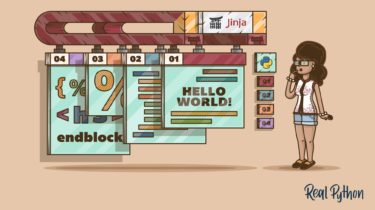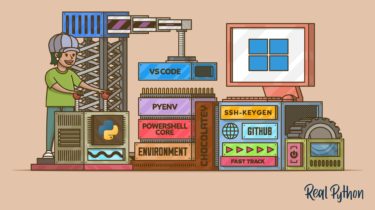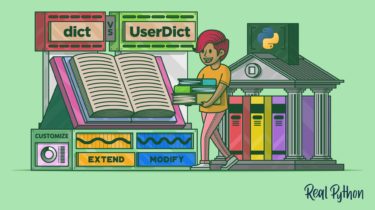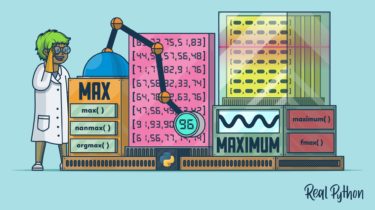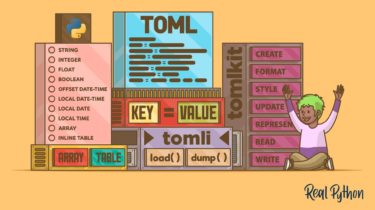Primer on Jinja Templating
Templates are an essential ingredient in full-stack web development. With Jinja, you can build rich templates that power the front end of your Python web applications. But you don’t need to use a web framework to experience the capabilities of Jinja. When you want to create text files with programmatic content, Jinja can help you out. In this tutorial, you’ll learn how to: Install the Jinja template engine Create your first Jinja template Render a Jinja template in Flask Use […]
Read more